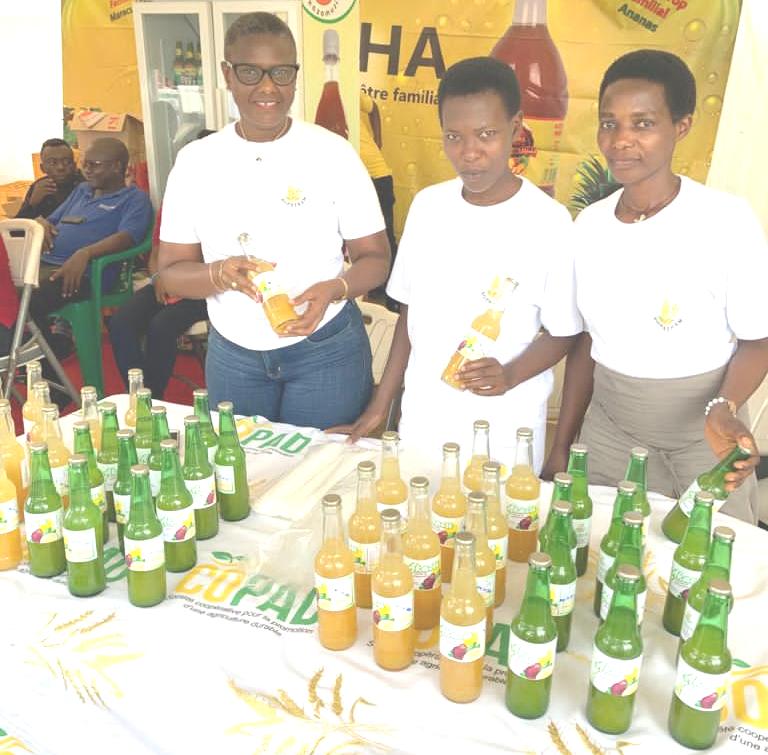
SOPATRAM: A solution to youth unemployment

The lack of employment is one of the challenges that today's young graduates face. SOPATRAM offers a dual-purpose solution. It provides opportunities for young individuals who invest in all aspects of agro-food production and processing on one hand, and on the other hand, it creates equipped entrepreneurs.
"Let the numbers speak! Over 3,000 students complete their academic journey each year. With a strong belief in getting employed somewhere, the deep conviction turns into a dream, and the dream transforms into a wish that, unfortunately, ends up dissipating."
Hiring, both in the public and private sectors, is slow, and the number of those who manage to secure a decent position remains minimal. The youth unemployment rate in rural areas is 55.2%, while it is 65.4% in urban areas, according to the ISTEEBU 2020 annual report.
To contribute to reducing these steadily rising figures, SOPATRAM in partnership with COPAD and the TWINAGURE Association has established a training center on agro-food processing techniques to provide job opportunities for young students who have just graduated.
Entrepreneurship in the agricultural and agro-food processing sector is a potential source of employment for students seeking internships with SOPATRAM.
Not Sitting Idly
Young people from the Professional Training Center of Muyaga who benefited from school and then professional internships were able to bridge the gap between capacity building, professional work, and income.
Eloi Niyonyishu, a young participant among the trainees at SOPATRAM, tells us how he was able to kill two birds with one stone during his school internship: 'Instead of sitting idle, my team and I had the courage to quickly learn the techniques of passion fruit juice transformation that were taught to us. From fruit preparation upon arrival, washing and pasteurization of packaging bottles, juice extraction to capping, we ended up blending into the permanent employees' environment to the point that when SOPATRAM had major productions, they would call us to reinforce the existing teams even after the internship period.'
In the same vein, Rosette Irakoze, an intern, shares her experience from her internship: 'I will never be unemployed as long as I know how to make fruit juices. Shortly after leaving school, I can earn around 20,000 Fbu every time SOPATRAM invites us to support their team. So, I can earn between 100,000 and 120,000 Fbu per month. With my colleagues, we have set up a savings fund, and soon, we plan to organize ourselves into a group that will allow us to earn double within SOPATRAM. Our group will assist in juice production on one hand and participate in the marketing of processed products on the other. The more juices we sell, the shorter the production cycle, allowing us to earn income from two aspects of this business.'
Two quite eloquent testimonials that should inspire other young people.
A strong potential.
The transformation of fruits into juices and other derivatives has a strong potential in our country. Burundi has a diverse range of fruits that could be a catalyst for job creation for young people and girls, especially for those lamenting the lack of employment in the public sector.
Forming associations
For these young people, and despite all this, the agro-food industry, as well as other entrepreneurial initiatives, requires a certain initial investment. However, access to capital is not always easy, especially for young people who have just graduated from school. They should then join associations, as advocated by SOPATRAM through its program of school and professional internships: supporting a group of young entrepreneurs is easier and, above all, safer than supporting an individual acting alone. In the current world where unemployment is a sad reality that even states find it difficult to easily curb, SOPATRAM tries to lay a cornerstone and continues to sound an alarm that it would be preferable for young Burundians to show more interest in the agricultural and agro-food sector.
Editorial ID




